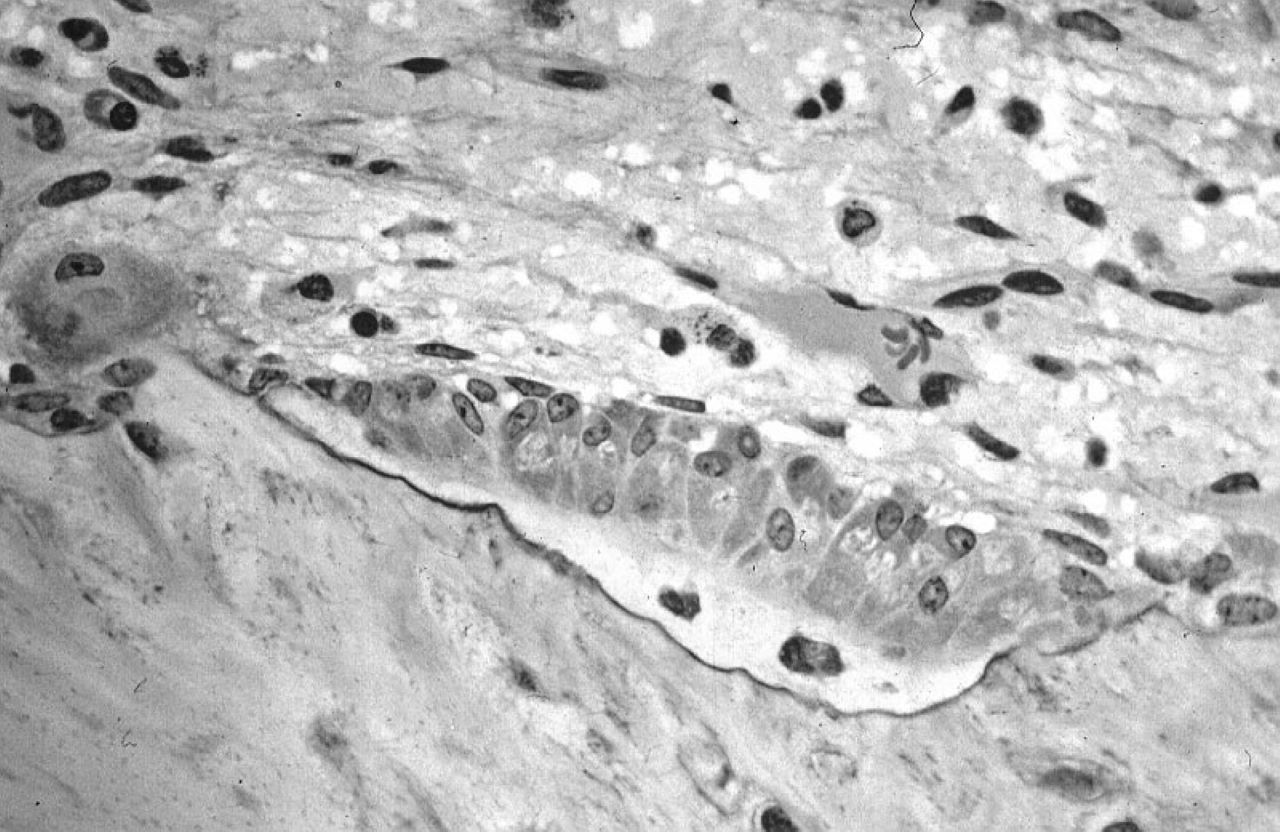
Clinical-stage biotech firm Haoma Medica has completed a first-in-human trial for novel orally administered therapeutic, NaQuinate, being developed for osteoporosis.
Osteoporosis is often present without any signs or symptoms until a fracture occurs.

Discover B2B Marketing That Performs
Combine business intelligence and editorial excellence to reach engaged professionals across 36 leading media platforms.
The disease causes bone loss and changes in bone quality and strength that ensues the normal ageing process and leads to fragile bones.
Haoma Medica noted that the trial on healthy adults, which began last year, evaluated single and multiple doses of the naphthoquinone carboxylic acid, NaQuinate.
The primary goal of the trial was to analyse the safety, tolerability and pharmacokinetics of the treatment.
Haoma Medica chief medical officer Dr Cenk Oguz said: “’We are delighted that the first-in-human study has completed its last dosing.

US Tariffs are shifting - will you react or anticipate?
Don’t let policy changes catch you off guard. Stay proactive with real-time data and expert analysis.
By GlobalData“There were no significant safety or tolerability concerns up to the highest doses tested which underlines our expectation that NaQuinate is safe and well tolerated.”
According to previous studies in rodent models, NaQuinate demonstrated protection against the reduction in bone quality and quantity that happens in response to ovariectomy.
At present, it is being analysed using a curative model of osteoporosis versus a bisphosphonate as well as a loading model versus an anabolic.
The results from these trials are anticipated early next year.
Haoma Medica CEO Dr Steve Deacon said: “Our pre-clinical research has revealed an exciting feature of NaQuinate where it appears to have the capacity to work in harmony with the body’s natural response to weight-bearing exercise to synergistically enhance bone formation when and where required – now that would be a ‘smart’ drug.
“Together with the safety data from this first-in-human study, this supports the potential that NaQuinate treatment could provide a safe, novel and smart therapeutic approach to bone disorders like osteoporosis and better maintain healthy skeletal ageing.”





